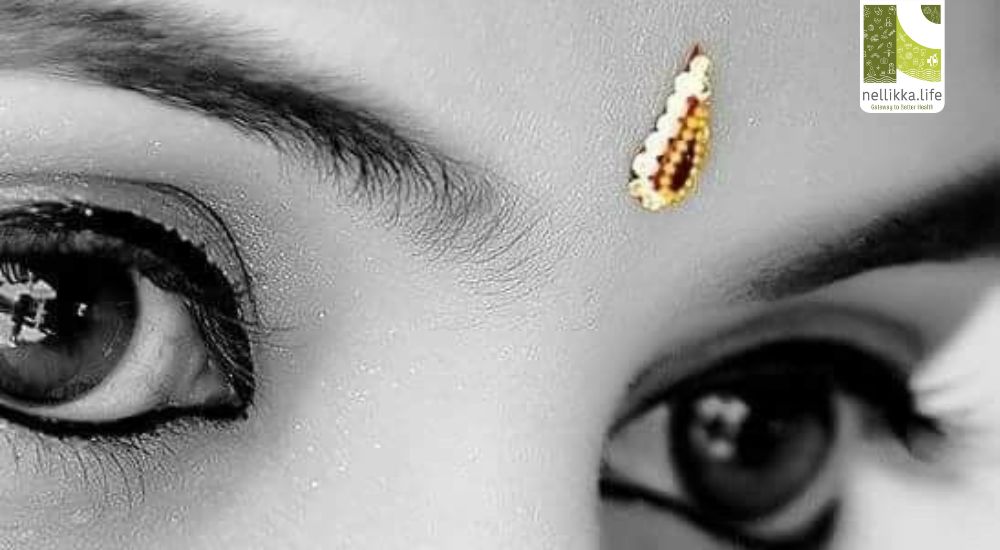The Eyes Have It: Why Protecting Your Vision Is More Vital Than Ever

In a world glowing with digital screens, bathed in artificial light, and clouded with pollutants, your eyes are working harder than ever before. And yet, we often take them for granted—until it’s too late. Vision is not just a sense; it’s a lifeline to our experiences, emotions, memories, and safety. Protecting your eyes isn’t optional in today’s lifestyle—it’s essential.
Why Your Eyes Deserve More Attention Than You Think
Your eyes process about 80% of the information you receive from the outside world. Imagine losing access to that clarity. From recognizing faces and reading, to driving and navigating your environment, your eyes are the window to your reality.
But here’s the problem: modern life is merciless on our eyes.
1. The Digital Eye Strain Epidemic
With an average screen time of 6–8 hours a day for many people, Digital Eye Strain (also known as Computer Vision Syndrome) is becoming a silent epidemic. Symptoms include:
- Blurry vision
- Dryness
- Headaches
- Neck and shoulder pain
- Difficulty focusing
The blue light emitted from devices also interferes with your circadian rhythm, affecting sleep quality and mental health.
2. Pollution, UV, and the Modern Environment
Urban environments expose your eyes to dust, allergens, smoke, and UV rays, all of which can cause irritation, long-term retinal damage, or trigger conditions like conjunctivitis, pterygium, and even macular degeneration.
🔬 3. Lifestyle Diseases and Eye Health
Chronic conditions like diabetes, hypertension, and autoimmune disorders can have a direct impact on vision. Diabetic retinopathy, for instance, is one of the leading causes of blindness globally and often progresses silently.
How to Protect Your Eyes in Today’s World
1. Practice the 20-20-20 Rule
Every 20 minutes, look at something 20 feet away for at least 20 seconds. It’s a simple way to reduce screen fatigue and eye strain.
2. Stay Hydrated & Use Artificial Tears
Dehydration affects tear production, which can worsen dry eye symptoms. Use lubricating drops if needed, especially in air-conditioned rooms.
3. Eat for Your Eyes
Include vitamin A, lutein, omega-3 fatty acids, and zinc-rich foods like:
- Carrots, spinach, kale
- Fish (especially salmon)
- Nuts, citrus fruits, and eggs
These nutrients help prevent macular degeneration and support overall eye health.
4. Wear UV Protection
Sunglasses aren’t just fashion accessories. Choose ones that block 99-100% of UVA and UVB rays to protect your retinas from long-term damage.
5. Don’t Touch Your Eyes With Unwashed Hands
You’d be surprised how many infections enter through eye contact. Always wash your hands before touching your face or applying lenses.
6. Get Regular Eye Exams
Even if you don’t wear glasses, comprehensive eye exams can detect underlying health issues—sometimes before any symptoms show up.
Your Eyes Reflect Your Health
Did you know that doctors can detect signs of brain tumors, high blood pressure, or even multiple sclerosis through an eye exam? Your eyes offer a unique view into your body’s blood vessels and nervous system—making them a crucial diagnostic tool.
Your eyes are irreplaceable. They allow you to witness life’s beauty, your loved ones’ faces, the words in books, and the world beyond your window. In an age of artificial light and information overload, protecting your vision is no longer a passive choice—it is an act of self-care, consciousness, and gratitude.
See better. Live wiser. Protect your eyes—because the world is still worth seeing clearly.





